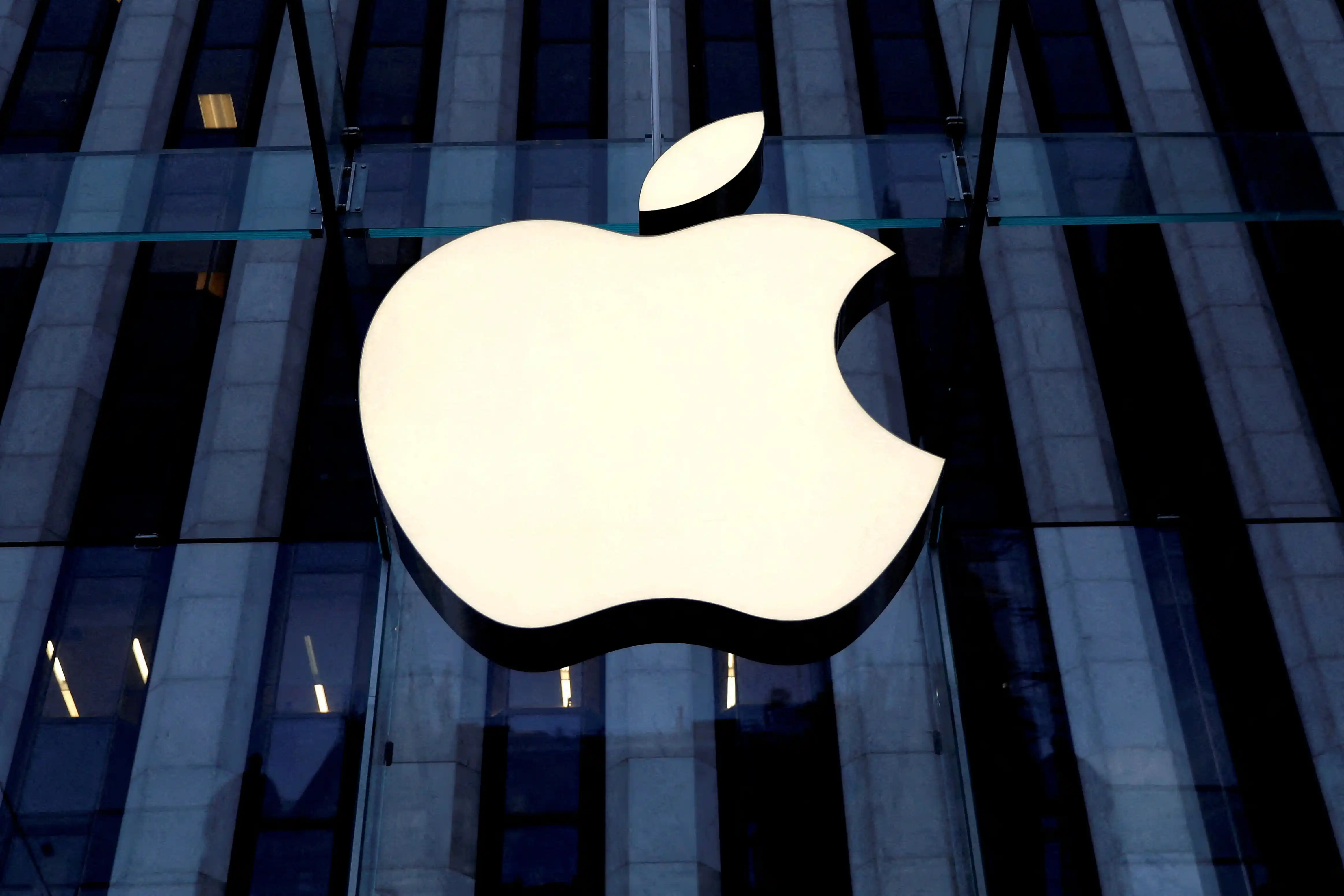- Apple in talks with major news organizations for AI development.
- Publishers express hesitation amid concerns about content control.
- Worries rise over the potential impact on media independence and market monopolies.
Apple in negotiations with news outlets for AI development, faces publisher hesitation
Apple (AAPL.O) has entered into negotiations with major news and publishing organisations to obtain permission for using their content in the development of its generative artificial intelligence systems. The New York Times revealed that Apple is proposing multiyear deals, with a minimum value of $50 million, to license the archives of news articles. Condé Nast, the publisher of Vogue and the New Yorker, NBC News, and IAC, the owner of People, the Daily Beast, and Better Homes and Gardens, are among the news organisations approached by Apple.
According to sources familiar with the discussions, some publishers expressed hesitation in response to Apple’s proposal. The tech giant aims to integrate generative AI aggressively, while also utilising the technology to enhance fundamental functions in its latest devices. In October, Apple unveiled new MacBook Pro and iMac computers along with three new chips, emphasising their utility for artificial intelligence researchers. These chips have the potential to benefit researchers working on chatbots and other AI creations that often face limitations related to the amount of data that can be stored in a computer’s memory. As of the report, Apple had not responded to Reuters’ request for comments.
Also read: Apple’s next-gen carplay for Porsche and Aston Martin

Tech giants’ media dive sparks concerns: threats to independence and market monopoly risks
The negotiations between Apple and news and publishing organizations have stirred up a host of concerns and doubts, injecting a sense of unease into the media landscape. Media institutions have voiced their apprehensions about potential threats to content control and the trajectory of their future. This amplifies the worrisome aspects of tech giants delving deeper into the realm of media.
At the forefront of these concerns for media institutions is the looming threat to their editorial rights and content independence. Collaborating with tech behemoths might introduce adjustments to content to align with platform algorithms or user preferences, potentially wresting control over their own creative endeavors from media outlets. The specter of intellectual property disputes, especially regarding content reuse and distribution, further complicates the landscape.
Moreover, the intensified involvement of tech companies in the media domain raises justified worries about monopolistic practices. These companies, armed with massive user bases and formidable data analytics capabilities, risk wielding an overly concentrated influence in shaping the narrative of information dissemination. This, in turn, could homogenize the spread of information, curtailing the diversity of public opinion and stifling the freedom of expression. To safeguard fair market competition and ensure the wide-reaching dissemination of information, regulatory measures and industry standards are not just preferable but imperative.
In the ongoing dialogue, it is crucial to contemplate the ongoing surge of technological innovation and its impact on the dissemination of information. While the participation of tech companies may usher in innovative technologies and broaden the audience for news and publishing, it demands a delicate equilibrium to navigate potential disruptions to the media ecosystem. Striking the right balance involves grappling with issues such as preserving media independence and guaranteeing that the public reaps benefits rather than bearing the brunt of the changes.
In conclusion, these negotiations cast a spotlight on the potential downsides of tech companies deepening their involvement in the media sphere, casting shadows over media independence and raising concerns about an undue concentration of market power. In the pursuit of technological advancement, ensuring the protection of core values and public interests in the media industry emerges as a poignant and pivotal challenge. Establishing transparent collaboration frameworks, articulating clear industry standards, and implementing robust regulations become paramount in ensuring that the participation of tech companies in the media sector aligns with the preservation of core values and the safeguarding of public interests. In this journey, a concerted effort from all stakeholders is indispensable to nurture a vibrant and healthy information dissemination environment in this digital age.

